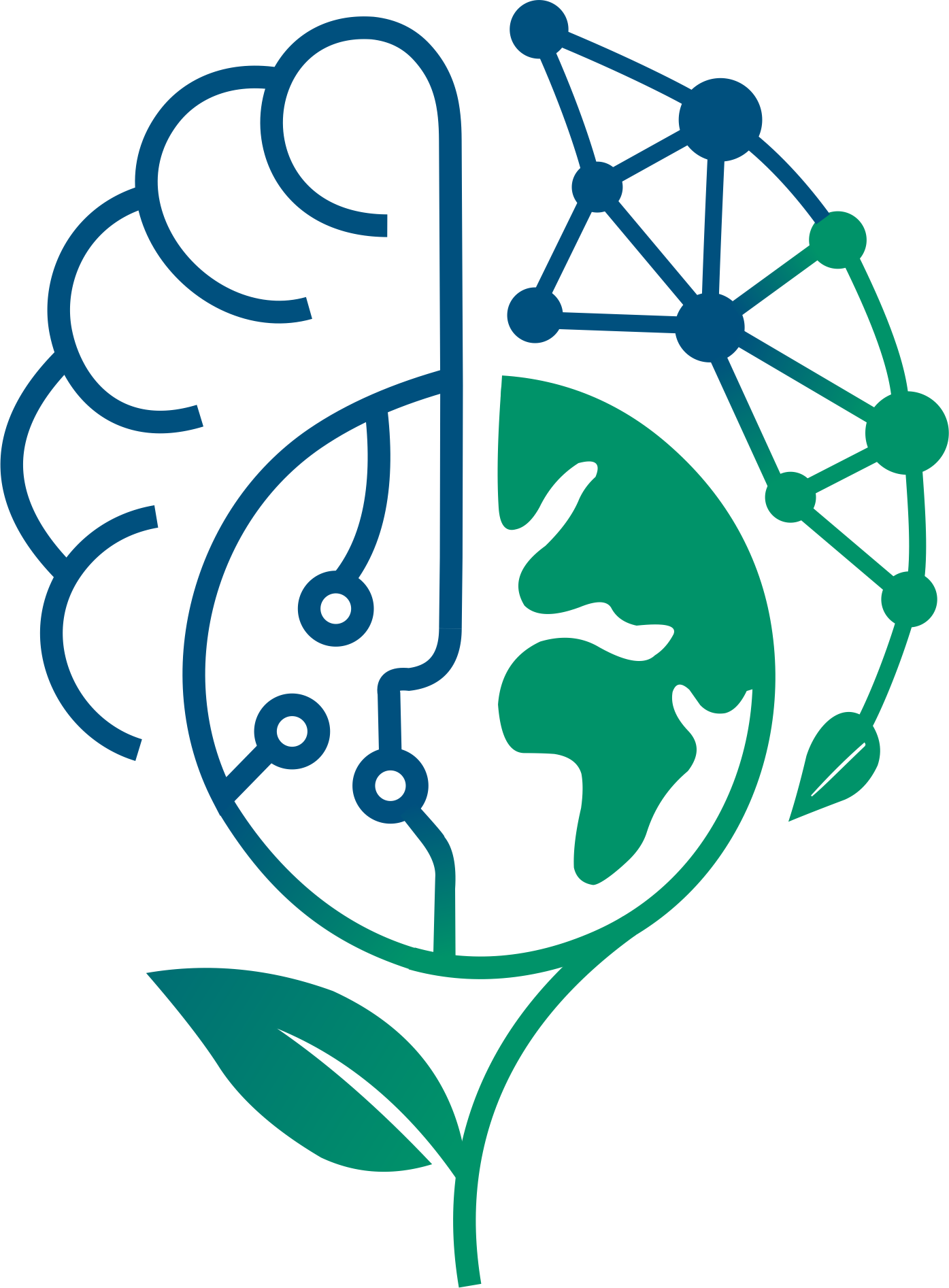Tamer Abu-Alam (UiT), Olga Voropai (KAU), Angel Marinov (TUV), Svilen Simeonov (TUV)
Executive Summary
The SEEDplus project emerges as a pioneering initiative aimed at closing the gap between the entrepreneurial ambitions of university students across Europe and the actual rate of startup formation. By enhancing the entrepreneurial skills of young innovators, the project aligns with the European Union’s ambitious goals for environmental and societal sustainability.
Central to SEEDplus is the Venture Creation Course (VCC), a carefully curated program that combines theoretical insights with practical experience. The course is designed to equip students with the necessary skills, knowledge, and confidence to convert innovative ideas into viable, sustainable ventures. Covering everything from idea generation to venture scaling, the VCC fosters a strong entrepreneurial mindset among students, emphasizing creativity, resilience, and ethical business practices.
To ensure the long-term sustainability and impact of the VCC post-project funding, efforts are being made to integrate it as a credited course within academic institutions, notably at UiT The Arctic University of Norway, where it is set to launch as a comprehensive master’s course with 10 ECTS in Autumn 2024. Additionally, plans are in place to broaden the course’s accessibility, aiming to make it fully open access and to facilitate its adoption across other universities through academic workshops.
The VCC’s educational philosophy is rooted in experiential learning, critical thinking, and the application of knowledge in real-world settings, creating a vibrant learning environment that both educates and motivates. Comprising ten modules, the course addresses various aspects of the entrepreneurial journey within a sustainable business context. A mix of online and interactive teaching methods ensures wide-reaching and equitable access to the course material, supported by a MOOC platform.
Assessment methods within the VCC evolve to reflect the course’s practical focus, transitioning from quizzes to pitching presentations and business model development in later stages. This progression ensures that assessments capture the students’ ability to apply their knowledge effectively. A significant challenge remains in the allocation of European Credit Transfer and Accumulation System (ECTS) credits. While UiT students are set to receive ECTS credits for their participation from Autumn 2024 and on, students from other universities encounter barriers, underscoring the need for a more unified approach to academic recognition across the consortium.
